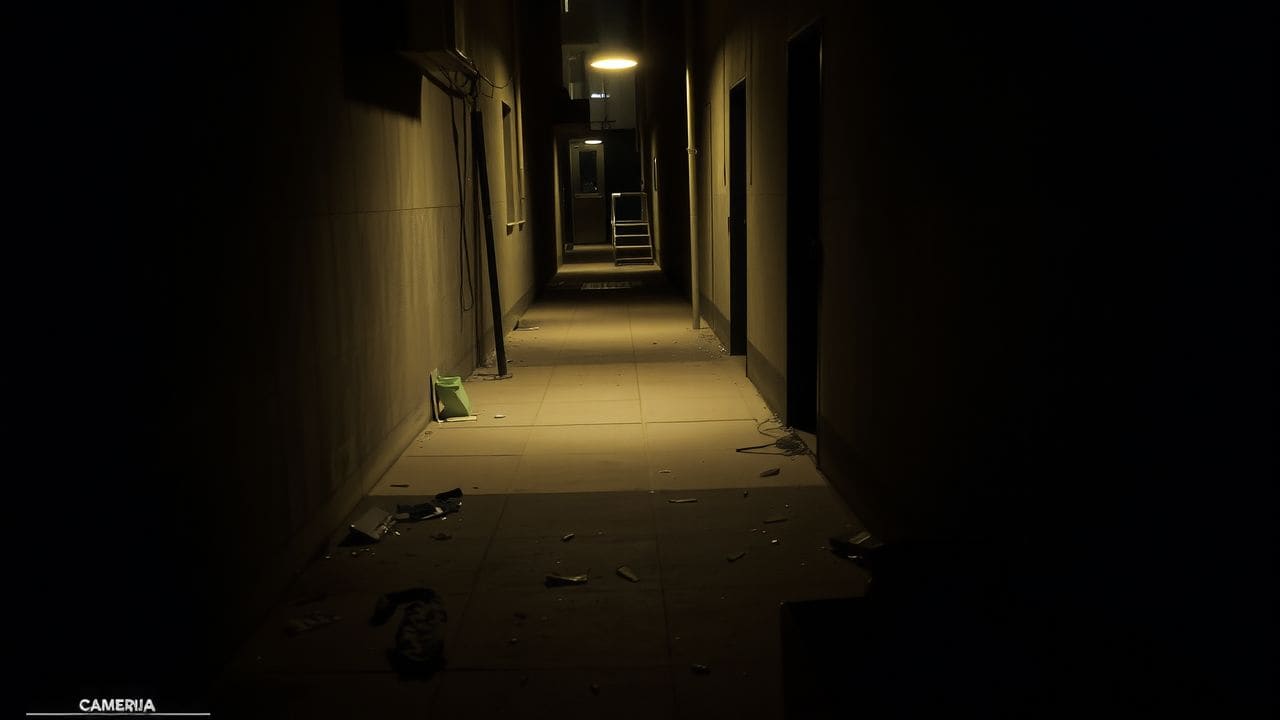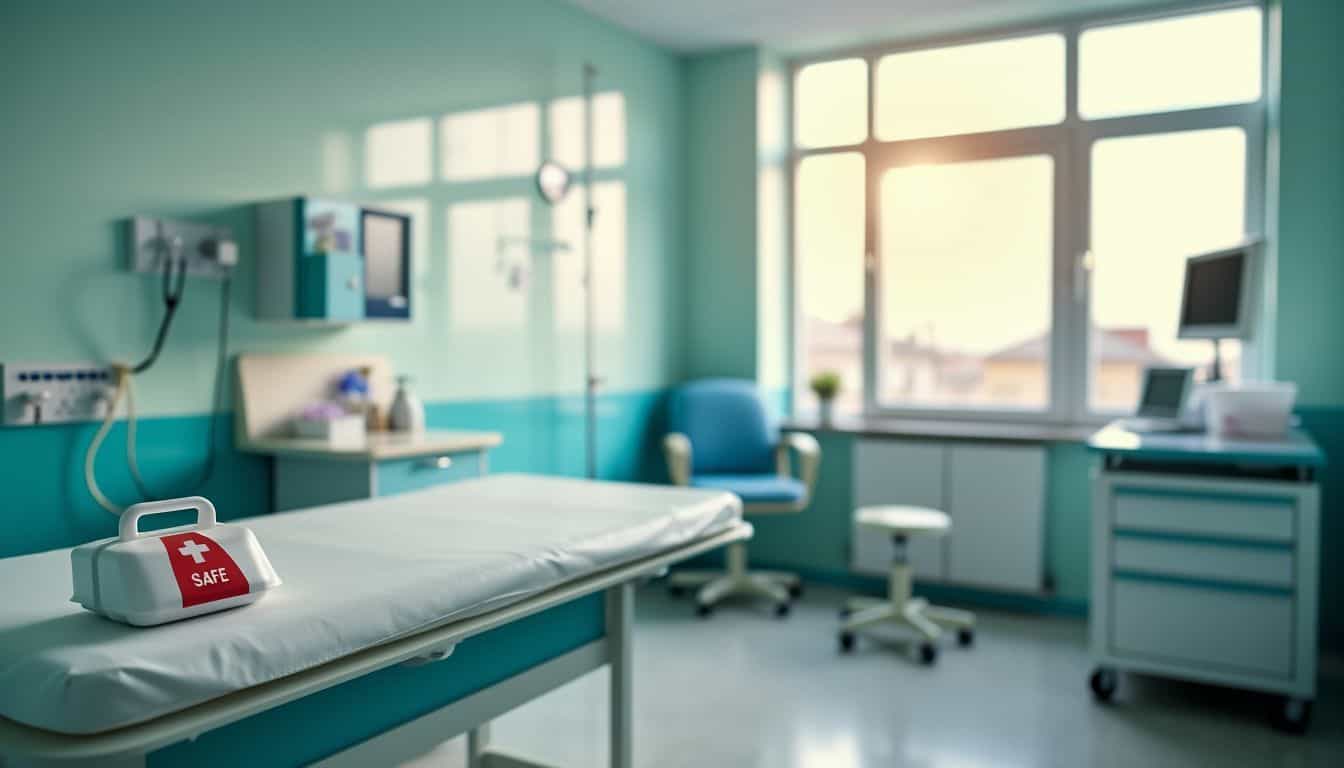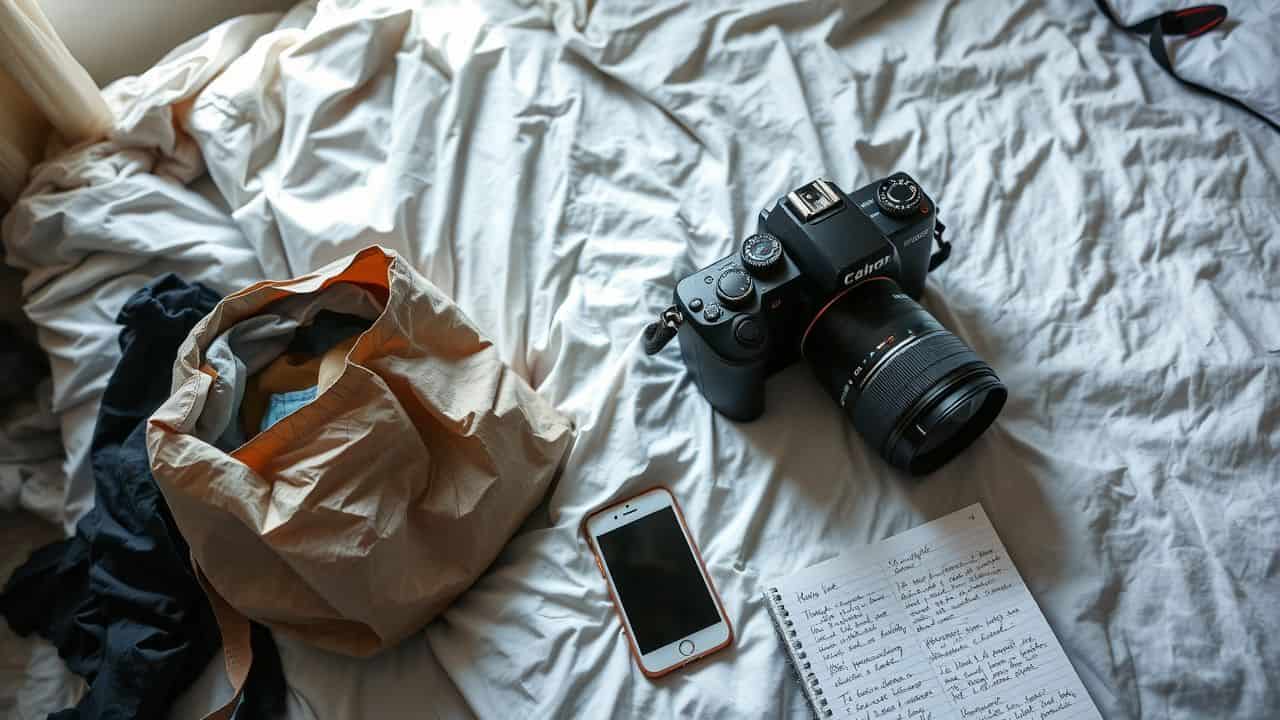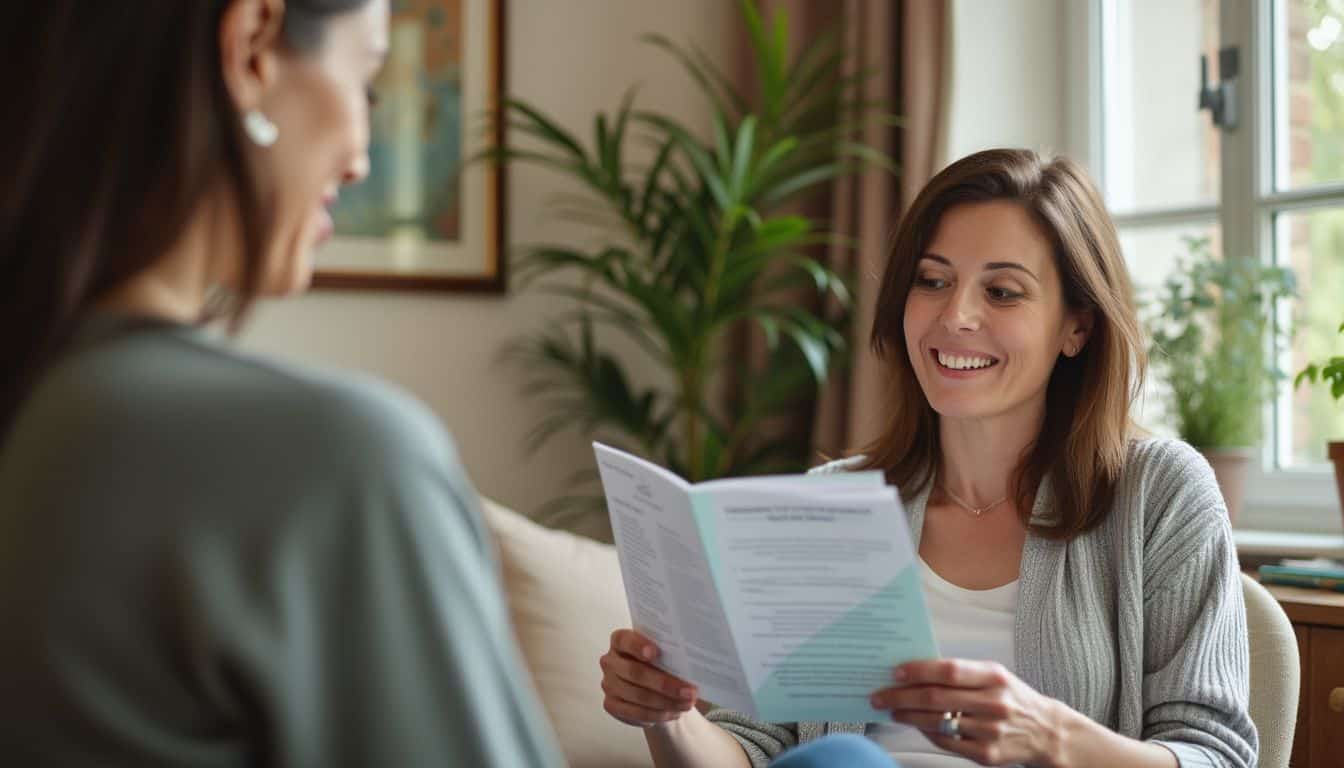Being physically assaulted can leave you shaken and unsure what to do next. It’s a scary situation that affects millions of people each year in the U.S. This guide will walk you through four crucial steps to take after an assault.
From getting medical care to reporting the crime, we’ve got you covered. Ready to learn what to do after being physically assaulted? Let’s go.
Key Takeaways
Get to safety right away and call for help from friends, family, or 911 if needed.
Seek medical care within 96 hours to treat injuries and collect evidence.
Report the assault to law enforcement when you’re ready. There’s no deadline.
Preserve evidence by not showering, saving clothes in paper bags, and taking photos of injuries.
Access support through counseling and free legal aid services to help with your recovery.
Table of Contents
Immediate Steps After an Assault

After an assault, your safety comes first. Get to a secure spot fast, then call for help – a friend, family member, or 911 if needed.
Ensure Personal Safety

Your well-being is the top priority after an attack. Get to a safe spot right away. Reach out to a friend, family member, or the police if you need assistance. Secure your doors and windows.
Stay aware of your environment. If you’re injured, seek medical attention quickly. Hold off on showering or changing clothes – this preserves evidence.
Listen to your instincts about your safety needs. You may need to adjust your routine or living arrangements. Discuss safety measures with your work or school. Consider tech safety too – update passwords and inspect your devices for tracking software.
You’re not facing this alone. There are people and resources available to support your safety.
Safety doesn’t happen by accident. – Unknown
Seek Medical Care

Medical care is crucial after an assault. Don’t wait – get help right away. A doctor can treat injuries and check for hidden problems. They’ll also gather evidence if you choose to report the crime.
Try to see a doctor within 96 hours of the attack. This gives the best chance to collect DNA and other proof.
At the hospital, you might meet a special nurse called a SAFE. They’re trained to help assault victims. The exam can be upsetting, but you’re in control. You can stop at any time. Know that you don’t have to file a police report to get medical help.
Your health comes first. If you’re worried about costs, many places offer free exams for assault victims. Don’t let money stop you from getting the care you need.
How to Report an Assault

Reporting an assault can feel scary, but it’s a crucial step. You’ve got options – from calling 911 to visiting a police station in person.
Contact Law Enforcement

Contacting law enforcement after an attack is important. You have the right to report the incident and pursue legal action. Don’t stress about expenses – legislation since 2009 ensures you won’t be charged for forensic examinations.
The police can assist in gathering evidence and initiating legal proceedings. They’ll also link you with victim support resources.
Speaking up is valuable. Reporting can help stop future attacks.
There’s no deadline for reporting, but quick action is beneficial. If you’re not prepared to file a report yet, that’s fine too. The National Sexual Assault Hotline (800.656.HOPE) can walk you through your choices.
They’ll connect you with local services that match your needs. Your safety and recovery are the top priorities.
Preserve Evidence

Keeping evidence after an assault is key. Here’s how to do it right:
- Don’t shower or wash up. It’s tough, but it helps keep DNA evidence intact.
- Save your clothes in a paper bag. Plastic can mess up the evidence.
- Take photos of any bruises or cuts. They’ll fade, but pictures last.
- Write down what happened ASAP. Your memory is freshest right after.
- Keep any texts or messages from the attacker. They could be useful later.
- Ask witnesses to write down what they saw. More details are better.
- Get a rape kit done within 96 hours. It’s free and you can say no to parts of it.
- Keep a log of all doctor visits and costs. This helps when you hire legal counsel.
- Don’t clean up the scene if it happened at home. Let the cops do that.
- Save any objects the attacker touched. Put them in paper bags too.
Accessing Support Resources

After an assault, you don’t have to face the aftermath alone. Help is out there – from counseling to legal aid – ready to support you through this tough time.
Explore Counseling Options

Therapy can help you heal after an assault. It’s a safe space to share your feelings and learn coping skills. Many types exist – art, movement, and play therapy are just a few. The main kinds are psychoanalysis, behavioral, cognitive, integrative, and humanistic.
Finding a therapist you trust is key. You need to feel comfy opening up about tough stuff.
Don’t let an abusive husband or anyone else stop you from getting help. Employee Assistance Programs often offer free counseling.
Rape crisis centers can point you to good therapists too. Your mental health matters. Taking care of it helps you bounce back stronger. Now, let’s look at how to get legal help if you need it.
Understand Legal Assistance

Legal help is a lifeline after an assault. It’s not just about court cases. A good lawyer can guide you through the maze of workers’ comp, disability rights, and more. They’ll explain your options in plain English.
No fancy words or legal jargon.
Free legal aid exists too. In Victoria, you can call 1800 677 402 for help. Don’t worry about cost – these services are there for you. A lawyer can also help with workplace issues.
They know the ins and outs of laws like FEHA. This law protects you from unfair treatment due to disability. It’s your right to ask for changes at work to help you cope. A lawyer will fight for these rights if your boss says no.
People Also Ask
What are the first steps to take after a physical assault?
Right after an attack, your safety is key. Get to a safe spot fast. Call 911 or go to the ER. Don’t wash up – keep evidence on you. Write down what happened while it’s fresh. If you can, take photos of any injuries.
Should I report the assault to the police?
Yes, report it. It helps catch the bad guy and stops future crimes. Cops will gather proof and take your statement. You can ask for a victim advocate to help you through the process. Remember, it’s not your fault.
What medical care should I seek after an assault?
See a doctor ASAP. They’ll check for hidden injuries and STDs. A special nurse called a SANE might help if it was sexual assault. They can give you meds to prevent pregnancy or HIV. Follow-up care is important for your health.
How can I deal with the emotional impact of assault?
Assault can mess with your head. You might feel scared, angry, or sad. That’s normal. Talk to a counselor or join a support group. Learn ways to relax, like deep breathing or meditation. Be patient with yourself. Healing takes time.
What legal options do I have after an assault?
You have rights. You can press charges or get a restraining order. Some places offer victim compensation. If it happened at work, you might get workers’ comp. Talk to a lawyer to know your options. Many offer free first chats.
How can I protect myself from future assaults?
Take a self-defense class. Be aware of your surroundings. Trust your gut. It’s okay to be rude if you feel unsafe. Have a safety plan. Know who to call for help. Remember, it’s never the victim’s fault. Stay strong and keep fighting.
References
- https://www.ourwave.org/post/what-happens-after-assault-what-to-do-after-an-attack (2023-10-23)
- https://rainn.org/articles/reporting-law-enforcement
- https://rainn.org/resources
- https://sexualmisconduct.uic.edu/support/preserve-evidence/
- https://www.nsvrc.org/saam/2023/blogs/therapy (2023-03-14)
- https://www.ncbi.nlm.nih.gov/pmc/articles/PMC7239557/
- https://icjia.illinois.gov/researchhub/articles/comprehensive-legal-services-for-victims-of-crime
